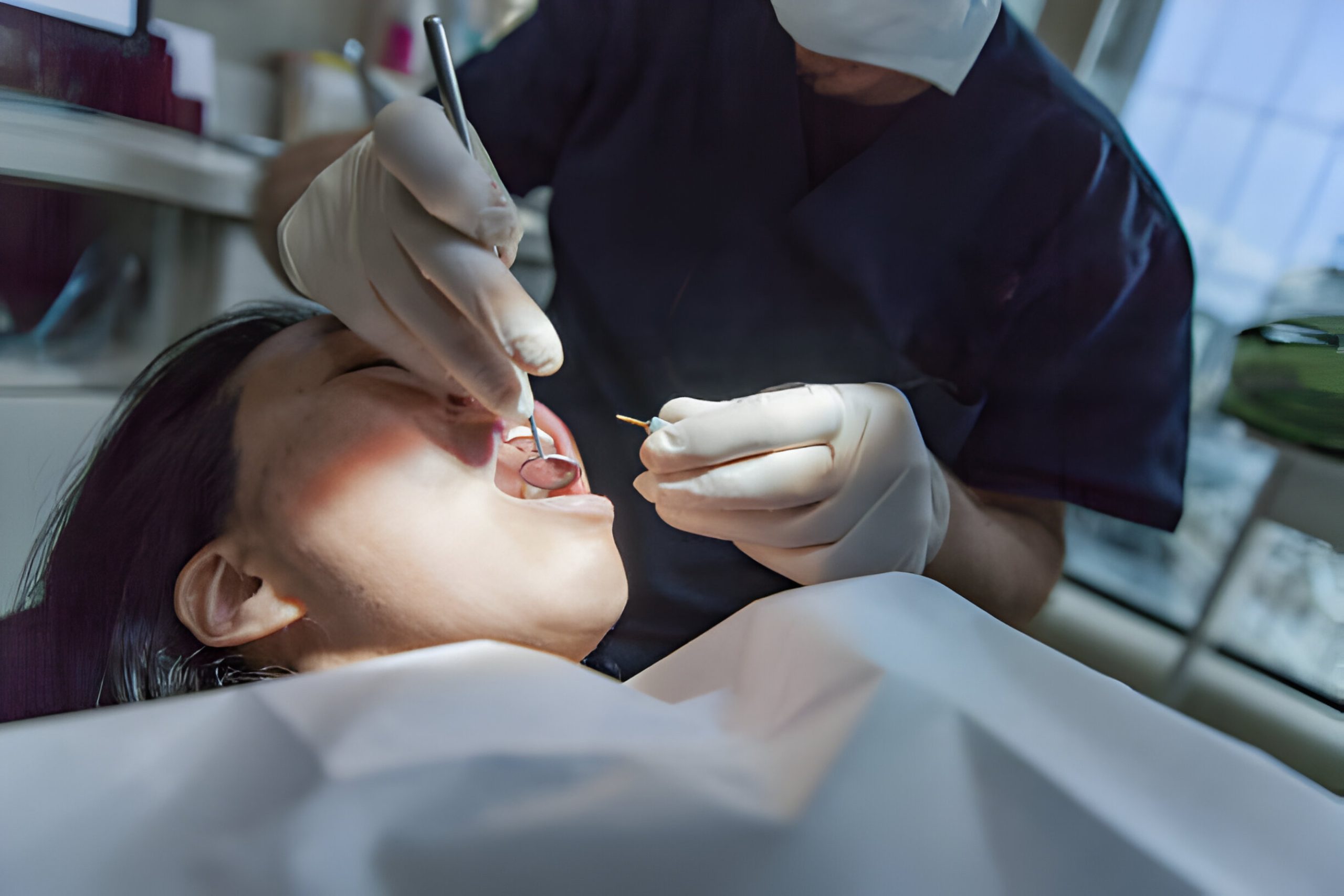Did you know that more than five million Americans, between the ages of 17 and 25, will have their wisdom teeth removed to prevent or address teeth crowding or pain? Kiefer Family Dental is here to remove any and all of your wisdom teeth that are causing oral complications. For now, let us answer some questions and explain how it all works.
Dentists recommend that most people have their wisdom teeth taken out to prevent health issues. This includes impactions, infections, or decay.
Why Do We Extract?
That’s the why. But when is best for this preventive surgery?
Wisdom teeth, which are called this because of how late in life they form, are easiest to remove when the roots are not yet fully formed. Most dentists recommend removing them in late adolescence. If you wait until they come in all the way, they can make extraction and recovery much more difficult.
It’s simple. Many people’s mouths just aren’t big enough for all 32 of their teeth, making crowding issues worse. This leads to potential damage to the adjacent teeth, difficulty keeping teeth clean and leading to decay or infections of the gums around these teeth. Wisdom teeth can also cause jaw, muscle, and headache pain.
Recovery Tips
While removing wisdom teeth requires outpatient surgery and anesthesia, the extraction process itself is usually short and pain-free. The more difficult part for wisdom teeth extraction patients is the recovery portion, which typically lasts between three and seven days.
The first two days are the most painful and is when blood clots form to protect the wound from infection and prevent excess bleeding. During this period, patients should keep the area clean, brush gently near the extraction site and avoid chewing.
Dentists recommend icing the cheeks on the first day and keeping the head elevated. A gentle rinse with antiseptic mouthwash is okay after the first 24 hours. As far as food is concerned, for the first two days, consuming yogurt, pudding, smoothies and liquids is fine but don’t use a straw; it can loosen blood clots.
One of the more serious complications of wisdom tooth removal is a condition known as “dry socket,” in which the protective blood clot is disturbed and the bone is exposed to air, food, and bacteria. This can be very painful, as well as a cause of infection. Avoiding the use of straws, smoking, spitting or getting strenuous exercise for the first two weeks after surgery can help prevent this condition.
Avoid hard or sticky foods for at least a week, as well as foods with seeds that can easily get stuck in the extraction site.
We at Kiefer Family Dental hope that the information about wisdom teeth removal was helpful. The office of Kiefer Family Dental provides the best in modern dentistry for individuals and families, as well as valuable help and information.
Our highly-qualified dentists and gentle hygienists work hard to combine knowledge and skill with the latest in technology to give our patients the best possible dental outcomes. With services ranging from periodontal therapy, oral surgery. dental implants, dentures and even being set up for Invisalign clear braces, Kiefer Family Dental is your Evansville, Indiana A+ dental choice. Call (812) 424-9506 or use the website to book an appointment online.





